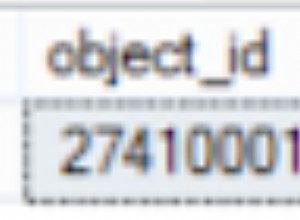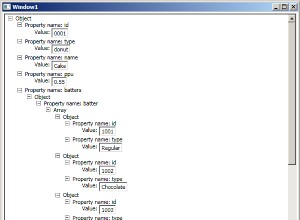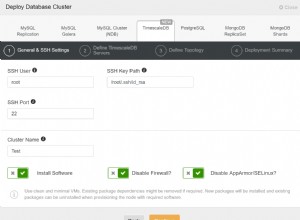Per prima cosa assicurati di utilizzare with open(..)
per leggere il file (un altro esempio ). Questo chiude automaticamente gli oggetti file quando sono esauriti o viene sollevata un'eccezione.
# common vars
connection = pyodbc.connect(...)
filename = 'Test.ics'
insert = 'insert into documents (name, documentType, document, customerNumber)'
# without hex encode
with open(filename, 'rb'):
bindata = f.read()
# with hex encode
with open(filename, 'rb'):
hexdata = f.read().encode('hex')
# build parameters
binparams = ('test200.ics', 'text/calendar', pyodbc.Binary(bindata), 1717)
hexparams = ('test200.ics', 'text/calendar', pyodbc.Binary(hexdata), 1717)
# insert binary
connection.cursor().execute(insert, binparams)
connection.commit()
# insert hex
connection.cursor().execute(insert, hexparams)
connection.commit()
# print documents
rows = connection.cursor().execute('select * from documents').fetchall()
for row in rows:
try:
# this will decode hex data we inserted
print str(row.document).decode('hex')
# attempting to hex decode binary data throws TypeError
except TypeError:
print str(row.document)
Immagino che tu stia ricevendo il 0x343234353... dati guardando i risultati in Management Studio:

Ciò non significa che i dati siano archiviati in questo modo, è solo il modo in cui Management Studio rappresenta image , text , ntext , varbinary , ecc. tipi di dati nel riquadro dei risultati.




